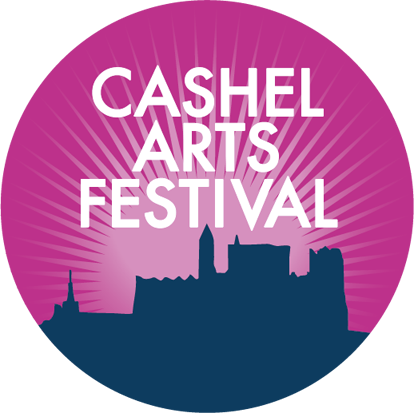By Joanne Hughes
Transcript
Eight o’clock and all is well in the realm! I pulled on my sturdy leather boots, donned my drab grey cloak, fetched my lantern and stock of tallow candles in preparation for my night’s watch at St Nicholas Gate. I lifted my long pike from its place by the door, and set out into the September sunset. The orchard outside exhaled the heady smell of ripe fruit that heralds the change of season, the waning of days and beginning of winter. I tramped past the gardens on Blind Street with the broken-down walls built by people centuries past, past the two small candle-lit cabins with the muffled sounds of laughter and merriment audible in the still evening air, and I made my way east to St John Street.
Looking right, I saluted my friend Lewis Darling, beginning his watch at St John’s Gate. The long keys of the gatehouse dangled from one side his leather belt, the bell to be tolled each hour hung from the other. Smoke curled from the chimney of John Haley’s great church house by the gates of the graveyard, and all the way down to Walter Fleming’s house I could see the orange flicker of light as candles were lit in the windows of the low thatched houses. The stout shutters were closed in the imposing slated stone buildings, no trace of families or life visible within. I glanced down along the slipps as I traipsed towards St Nicholas Street; the outlines of back-side courts, yards, cabins and kilns and still visible in the shadowy dusk-light. Two horses, done their days work at the horse mills, hung their heads across their stable half-doors, they nodded and whinnied as I passed; and through the chinks in the stout plank walls of the great barne, I could see the abundant spoils of the recent harvest. Near St Nicholas Street, from the propped-open door of Morgan Wogan’s common bakehouse the scent of baking bread wafted out and filled the street; inviting me to step inside to the blanketing warmth rather than continue on to my cold night’s vigil.
I looked east as I entered St Nicholas Street, and breathed a sigh of relief as there were no town beggars, by the market cross or at the town stocks by the cistern. Our own town beggars were identified to us by the badge of the town on their person; the increased wages in the bell-mans salary to keep the foreign beggars out of the city has worked! The shambles were quiet, the butchers and hawkers all retired indoors to avoid the night-time curfew-fines. The rickety wooden gantry which clung to the face of the castle wall supported the town clock; I laughed to myself as I recalled John Husband’s ingenious but ever-failed attempts at trying to keep the clock in good repair and working order!
The heavenly smell of baking bread was quickly overtaken by the vile stench of the great dung-heap in the St Nicholas Street market place; the new-paved streets becoming quickly stained by the leaching acrid run-off. The hogs that root and snuffle through this heap by the daytime were not to be seen, and soon the night-spoil and gong-farmers would come to clear this stinking heap, and rid our city of this cess for another short time.
As I walked west to my watch, I noted the lanterns of the old Palace being lit; the diamond-paned windows of the cashel palace reflected the light from the street lights lit between dusk and the hour of nine of the clock. I thought about the great oak trees in Deansgrove, cut down in their hundreds by the Scoundrel of Cashel; this century-old crumbling building still standing as a testament to his self-importance and narcissistic ambition.
The chantry bell rang for quarter past the hour as I neared St Nicholas gate and my station for the night. I thought about ’41, and the great terror that rampaged through our city when O’Dwyer’s men besieged the town, and my English friends brutally and cruelly tortured and killed that day. I thought also of ’47 and Murrough the Burner who laid waste to my townsfolk on the Rock, and I looked over the roof-lines to the north, to the Cathedral still visible in the dusky sky; the ever-present edifice now sadly crumbling following the horrors of those times.
As I tucked myself into the niche by the tottering St Nicholas Gate, I lit my comforting clay pipe and settled myself down to undertake my duty with thanks for my health and for living in peaceful times. Eight of the clock and all is well in the realm, indeed.
George Ffouks, sworn master of the Shoe makers, Glovers and Sadlers.
4th September, 1666.
